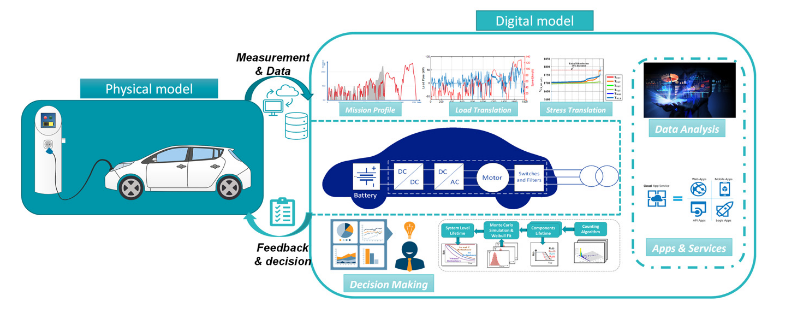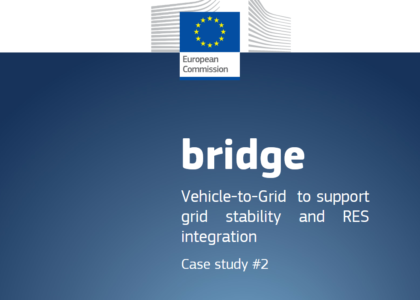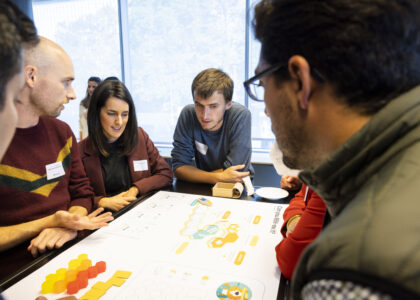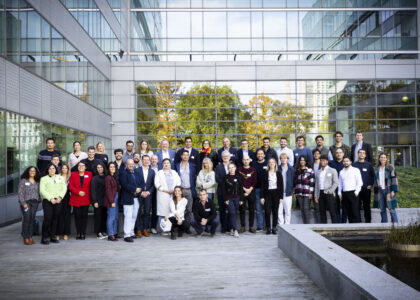by Rebecca Hueting – RENAISSANCE dissemination team
This February two more peer-reviewed RENAISSANCE papers have been published! We congratulate with all the authors from VUB – Vrije Uinversiteit Brussel and hereby share the Open Access publication links and the downloadable PDFs available in our resources section.
Application of Multi-Actor Multi-Criteria Analysis for Transition Management in Energy Communities
Lode ML, te Boveldt G, Macharis C, Coosemans T. Sustainability. 2021; 13(4):1783. https://doi.org/10.3390/su13041783
Energy communities (ECs) play a role in the transition towards a low-carbon economy by 2050 and receive increasing attention from stakeholders within the energy sector. To foster ECs, transition management (TM) is a promising managerial approach to steer and guide the transition towards more sustainable practices. However, TM lacks a consistent methodology that addresses the criticism of the current application. To investigate what a structured and replicable TM approach for ECs can look like, this paper applies the multi-actor multi-criteria analysis (MAMCA), a participative multi-criteria decision method, to a case study EC in the Netherlands involving various stakeholders. The impact of the application on power relations, the political sphere, sustainability conceptualization, guidance of transitions, and representation was analyzed. MAMCA was found useful for multi-stakeholder settings seen in potential ECs, offering a unifying methodology for the practical application of TM. In the EC setting, the added value of MAMCA within TM lies more in the social representation, insight into stakeholder viewpoints, and communication rather than in final decision-making.
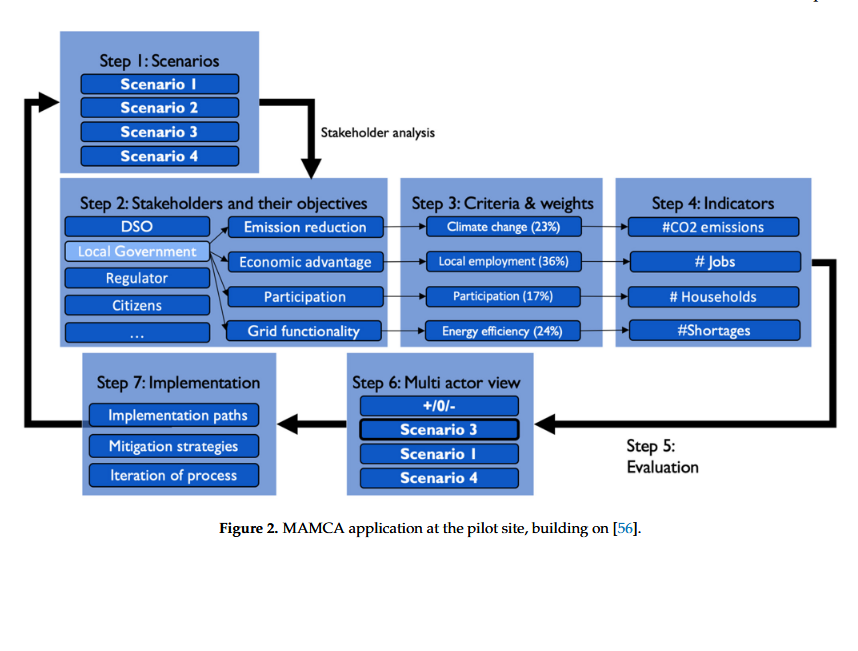
Beyond the State of the Art of Electric Vehicles: A Fact-Based Paper of the Current and Prospective Electric Vehicle Technologies
Van Mierlo J, Berecibar M, El Baghdadi M, De Cauwer C, Messagie M, Coosemans T, Jacobs VA, Hegazy O. World Electric Vehicle Journal. 2021; 12(1):20. https://doi.org/10.3390/wevj12010020
Today, there are many recent developments that focus on improving the electric vehicles and their components, particularly regarding advances in batteries, energy management systems, autonomous features and charging infrastructure. This plays an important role in developing next electric vehicle generations, and encourages more efficient and sustainable eco-system. This paper not only provides insights in the latest knowledge and developments of electric vehicles (EVs), but also the new promising and novel EV technologies based on scientific facts and figures—which could be from a technological point of view feasible by 2030. In this paper, potential design and modelling tools, such as digital twin with connected Internet-of-Things (IoT), are addressed. Furthermore, the potential technological challenges and research gaps in all EV aspects from hard-core battery material sciences, power electronics and powertrain engineering up to environmental assessments and market considerations are addressed. The paper is based on the knowledge of the 140+ FTE counting multidisciplinary research centre MOBI-VUB, that has a 40-year track record in the field of electric vehicles and e-mobility
